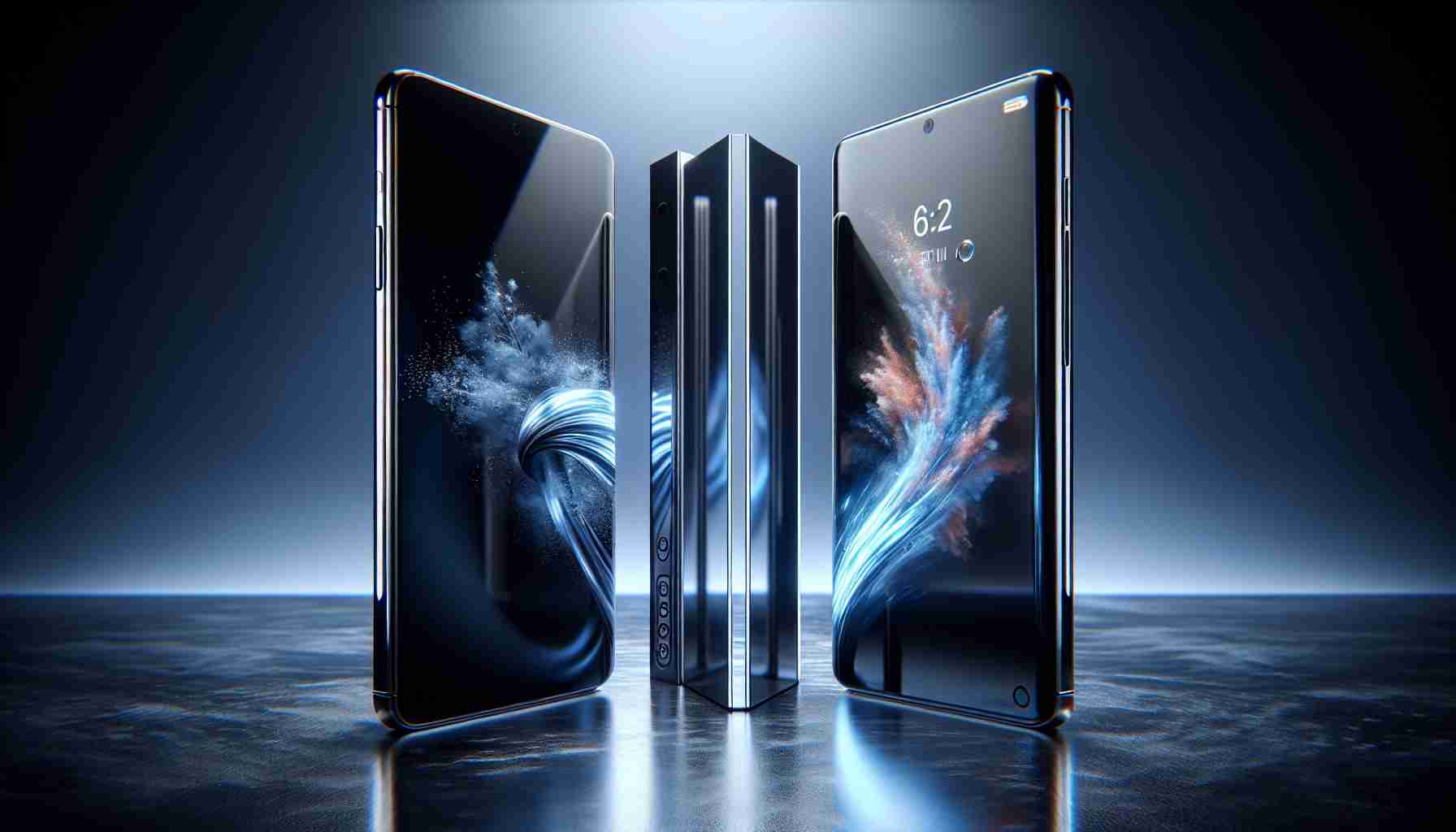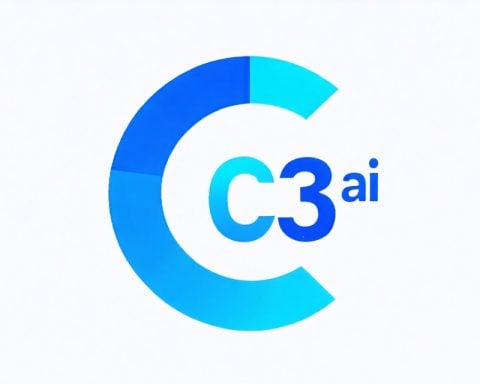The highly anticipated global launch of the iPhone 16 series by Apple has taken the tech world by storm, with a flood of videos circulating online that highlight its features. Among these, a notable comparison has emerged focusing on battery performance, conducted by the popular tech YouTuber, Mrwhosetheboss.
In his latest video, he places the iPhone 16 models—16, 16 Plus, 16 Pro, and 16 Pro Max—in direct competition with the iPhone 15 and Samsung’s Galaxy S24 Ultra. The results of a thorough battery endurance test have generated considerable interest.
At the bottom of the list, the iPhone 15 managed to last for 7 hours and 45 minutes. Following closely, the standard iPhone 16 recorded a screen-on time of 8 hours and 19 minutes, tying with the iPhone 16 Pro.
The iPhone 16 Plus put in a respectable performance at 8 hours and 45 minutes. Meanwhile, the iPhone 15 Pro Max excelled with a duration of 9 hours and 35 minutes.
However, the star of the test was undoubtedly the iPhone 16 Pro Max, achieving an impressive 11 hours and 22 minutes. Yet, topping the endurance rankings was the Galaxy S24 Ultra, boasting an astonishing battery life of 12 hours and 31 minutes.
The findings have sparked discussions about the evolving competition in the smartphone market, particularly in battery technology.
Battery Showdown: iPhone 16 Series vs. Galaxy S24 Ultra
As the battle for supremacy in smartphone technology continues, battery performance remains a critical factor for consumers. Recently, the iPhone 16 series has entered the arena against the Galaxy S24 Ultra, igniting conversations about efficiency, longevity, and charging capabilities.
Key Questions to Consider:
1. How do the battery capacities of the iPhone 16 series and Galaxy S24 Ultra compare?
The iPhone 16 Pro Max features a battery capacity of around 4,422 mAh, while the Galaxy S24 Ultra boasts a larger 5,000 mAh battery. This difference in capacity plays a significant role in endurance tests and day-to-day performance.
2. What charging technologies do these devices offer?
The iPhone 16 series supports fast charging at 20 watts and offers MagSafe wireless charging up to 15 watts. In contrast, the Galaxy S24 Ultra supports faster wired charging at 45 watts and wireless charging up to 15 watts. This may affect how quickly users can recharge their devices.
3. What software optimizations are in place for battery management?
Apple’s iOS is known for its efficient battery management system, which optimizing background processes reduces battery drain. Samsung’s One UI also includes features like adaptive battery management, which learns user habits and conserves energy accordingly.
Challenges and Controversies:
The competition raises several challenges. One major issue is the distinction between hardware capabilities and real-world performance. While the Galaxy S24 Ultra boasts a higher battery capacity, factors such as screen resolution, refresh rates, and usage patterns significantly influence actual performance.
Another controversy surrounds the sustainability of battery technology. Both Apple and Samsung have faced criticism regarding their environmental practices, particularly concerning battery lifespans and end-of-life options. Consumers are increasingly prioritizing sustainability alongside performance when choosing their smartphones.
Advantages of the iPhone 16 Series:
– Efficient power management: Thanks to optimizations in iOS, the iPhone 16 series is recognized for delivering impressive mileage despite lower battery capacities.
– Integration with Apple ecosystem: Seamless compatibility with other Apple devices enhances user experience, especially in terms of battery features like Universal Clipboard and Handoff.
Disadvantages of the iPhone 16 Series:
– Slower charging speeds: Compared to the Galaxy S24 Ultra, the iPhone 16 series falls short in charging speed, which could be a deciding factor for heavy users.
– Less customization: iOS is less customizable than Android, which may be a drawback for users looking for more control over battery settings.
Advantages of the Galaxy S24 Ultra:
– Longer battery life: With a larger battery capacity, the Galaxy S24 Ultra offers extended use, particularly for power-intensive tasks like gaming or video streaming.
– Faster charging: The ability to recharge quickly allows users to minimize downtime, which is crucial for on-the-go lifestyles.
Disadvantages of the Galaxy S24 Ultra:
– Software bloat: Some users report that Samsung’s One UI can be resource-intensive, potentially affecting overall performance and battery drain.
– Heavier device: The larger battery contributes to increased weight and size, which may not appeal to users who prefer more compact smartphones.
As battery technology continues to evolve, both the iPhone 16 series and Galaxy S24 Ultra showcase advancements that cater to different user needs. Whether prioritizing longevity, efficiency, or charging speed, the choice ultimately depends on individual preferences.
For those interested in evolving smartphone technology, check for updates on battery innovations at Apple and Samsung.























